India’s ambitious Production Linked Incentive (PLI) Scheme for High Efficiency Solar PV Modules has resulted in the establishment of 18.5 GW of PV module manufacturing capacity as of June 30, 2025. In addition, 9.7 GW of solar cell and 2.2 GW of ingot-wafer capacity has been established under this scheme.
This information was shared by Minister of State For New & Renewable Energy And Power, Shripad Yesso Naik, in the parliament.
The government had awarded around 48.3 GW of solar PV module manufacturing capacity under Tranche I and II of the PLI Scheme that aims to build a robust solar manufacturing ecosystem to reduce India’s reliance on imported panels.
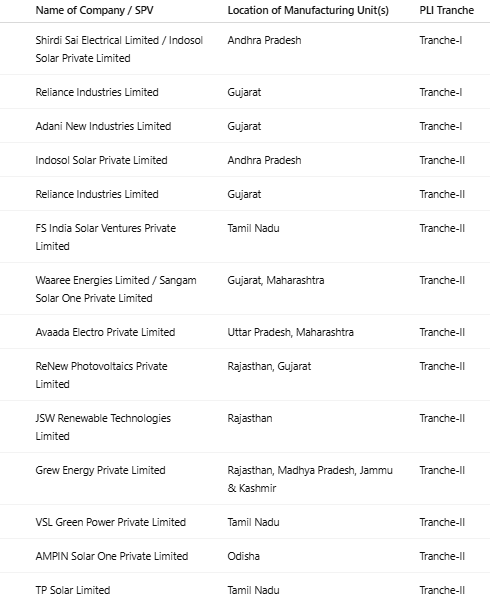
pv magazine
The minister said, “Under Tranche-I of the PLI Scheme for High Efficiency Solar PV Modules, Letters of Award have been issued to three successful bidders for setting up of 8.737 GW of fully integrated solar PV module manufacturing units. Under Tranche-II, Letters of Award have been issued to eleven successful bidders for setting up of 39.6 GW of fully/ partially integrated solar PV module manufacturing units. The companies selected under the scheme, can set-up their manufacturing plants anywhere in India.”
The minister added that some segments of the awarded projects have become operational.
“As per the Approved List of Models and Manufacturers (ALMM) and information received from the manufacturers, the solar manufacturing capacities which have been installed under PLI Scheme, as on 30.06.2025, include 18.5 GW solar module, 9.7 GW solar cell, and 2.2 GW of ingot-wafer. The aforesaid manufacturing capacity of solar PV cells and modules includes 3.2 GW fully integrated thin film solar PV module manufacturing capacity,” he shared in the parliament.
The cumulative installed solar PV module manufacturing capacity in the country, as per the ALMM issued on 30.06.2025, is 91.6 GW. With India achieving a significant jump in its module mnufacturing capacity, solar modules import to India have declined from $3,363.21 million in FY 2021-22 to $2,151.75 million in FY 2024-25.
This content is protected by copyright and may not be reused. If you want to cooperate with us and would like to reuse some of our content, please contact: editors@pv-magazine.com.
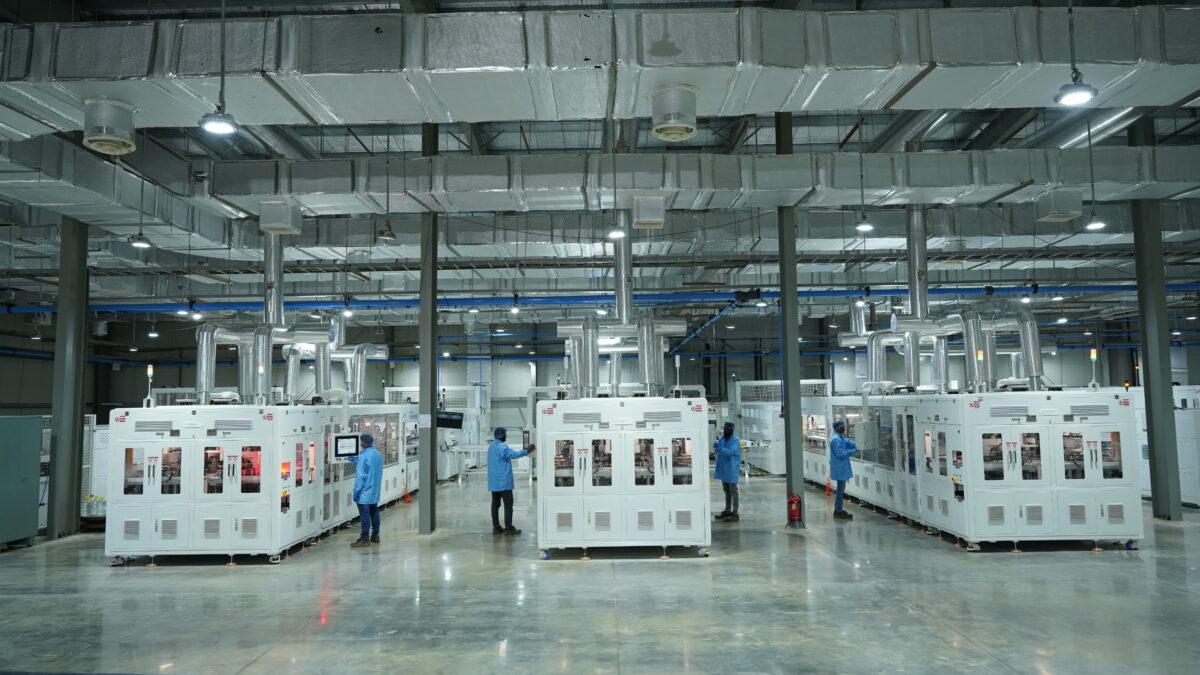
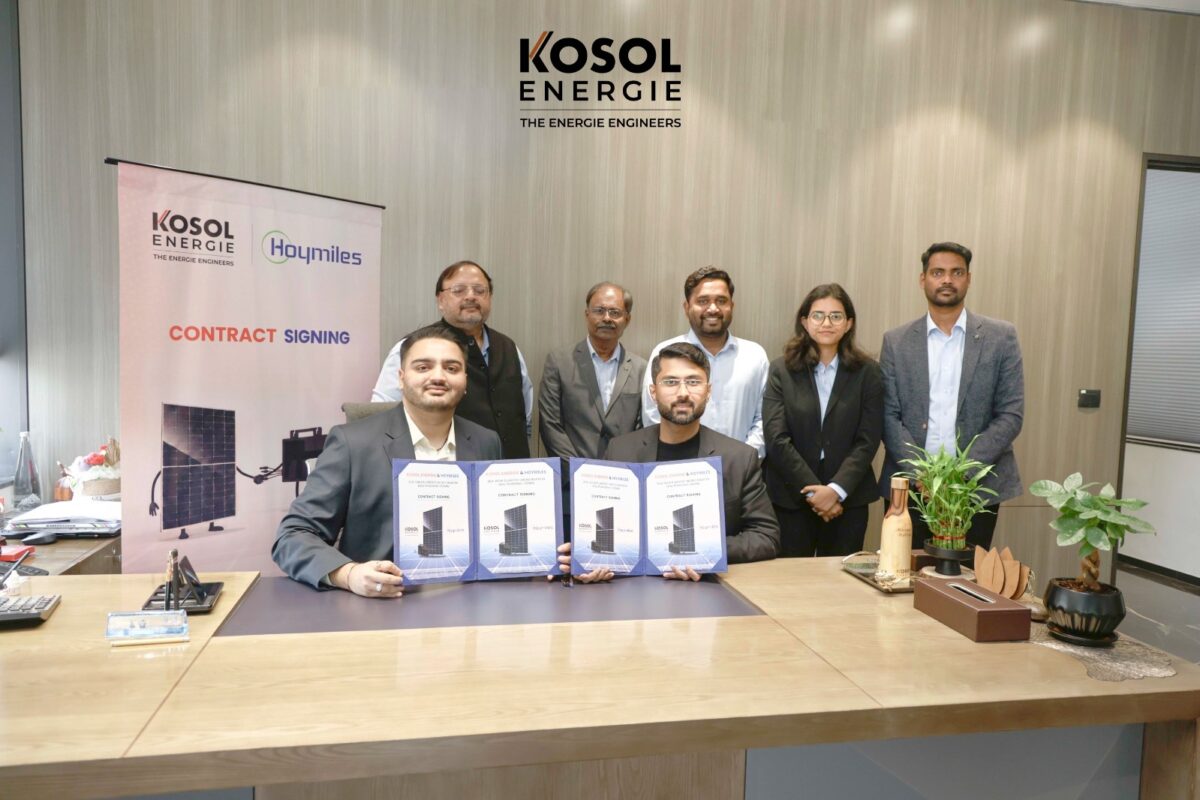



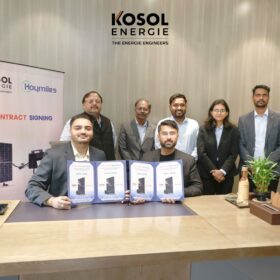


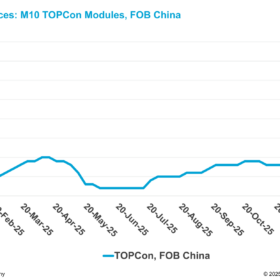
I am engineer
Raj patidar
7201091466